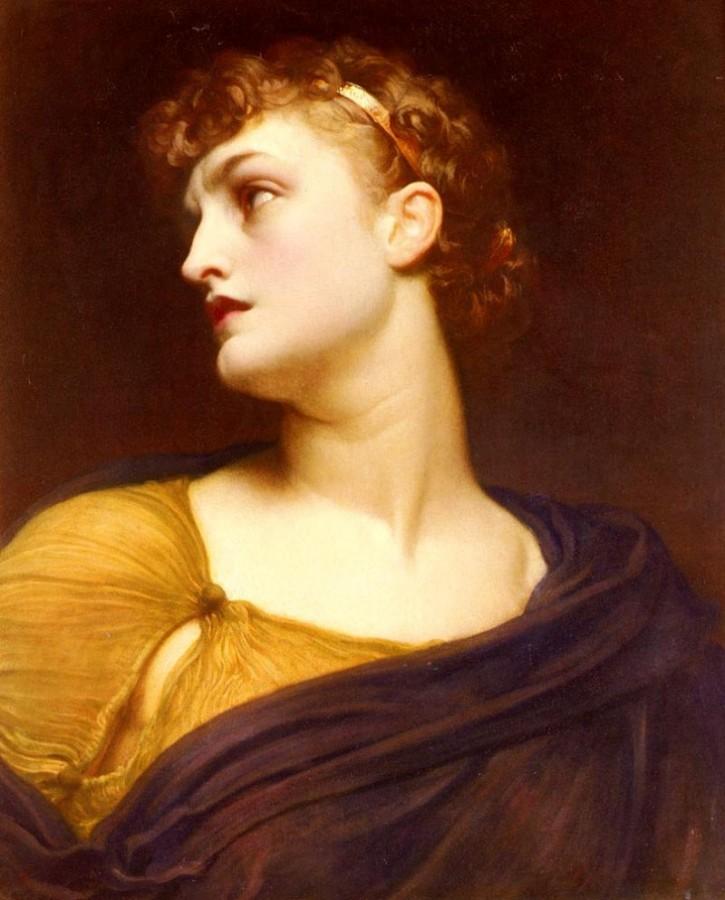By Airis Cervantes
Lane Drama Department’s captivating dramatic production “Antigone,” left a lasting impression on its viewers. As the curtains spread and the stage stole the spotlight, the Chorus wasted no time in introducing the play. As all the characters stood like statues, the Chorus enthusiastically described the personalities of each and introduced the plot of the play (in case the audience had not done its research).
Antigone is a young women. She is the daughter of Oedipus, the niece of Creon, Haemon’s lover, and the sister of Ismene, Polynices, and Eteocles. The cast members who played Antigone did an exceptional job in characterizing her as melancholy and withdrawn.
When Oedipus dies and Creon becomes king, he decides to step down and allow Polynices and Eteocles to take turns being King of Thebes. At the end of Eteocles’s term, however, he refuses to let Polynices rule. The two brothers fight to the death and once again Creon is reluctantly given the crown. Creon decided that Eteocles’ will be ceremoniously buried by the people of Thebes, while Polynices is left to rot in the dirt unburied.
A particularly gripping scene near the beginning of the play showed Ismene rush onto the stage and fall on her knees begging Antigone not to bury Polynices. Ismene reminds Antigone that she could be condemned to death for defying the king’s decree. The sisters violent arguing captured the viewer’s attention.
Later, after Antigone says good-bye to the nurse, Ismene arrives once again. Antigone confesses that she has visited the body of Polynices and attempted to bury him.
The Lane Antigone production also added humor to the tragedy. When the guard spoke to Creon about the attempt to bury Polynices’ body, he started babbling nonsense. The scene awakened the crowd and led them, for just a moment, to step away from the plot.
Once again, Antigone attempts to bury the body and the guards arrest her and take her to Creon. Creon attempts to be understanding, but he refuses to take orders from a woman. At one point Creon is so infuriated that he clenches small Antigone by her arms and shakes her, and Antigone yells that he is hurting her.
When Haemon, Creon’s son reprimands Creon for sentencing Antigone to death, the viewer’s judgment of Creon completely changes. Creon says to Haemon, “the girl doesn’t love you.” He is no longer the least bit understanding, only heartless.
Antigone is sentenced to a “live death,” in which she will be buried alive in a tomb. The Gods tell Tirisius the prophet that a curse will haunt Thebes. As a result Creon turns to the citizens for help and they decide to set Antigone free.
In the tomb, they find they are too late as Antigone has already hanged herself. Haemon who has already found his way into the tomb to find Antigone dead, attempts to slash his father, Creon, with his sword. Haemon then in despair and revenge stabs himself to death in front of him. When Eurydice hears that her son Haemon is dead, she also commits suicide. Creon is left alone and alive, and asks the Gods for death.
In a dramatic closing scene, the three dead characters are draped in red with their heads bowed, as the red spotlight shines on them.







